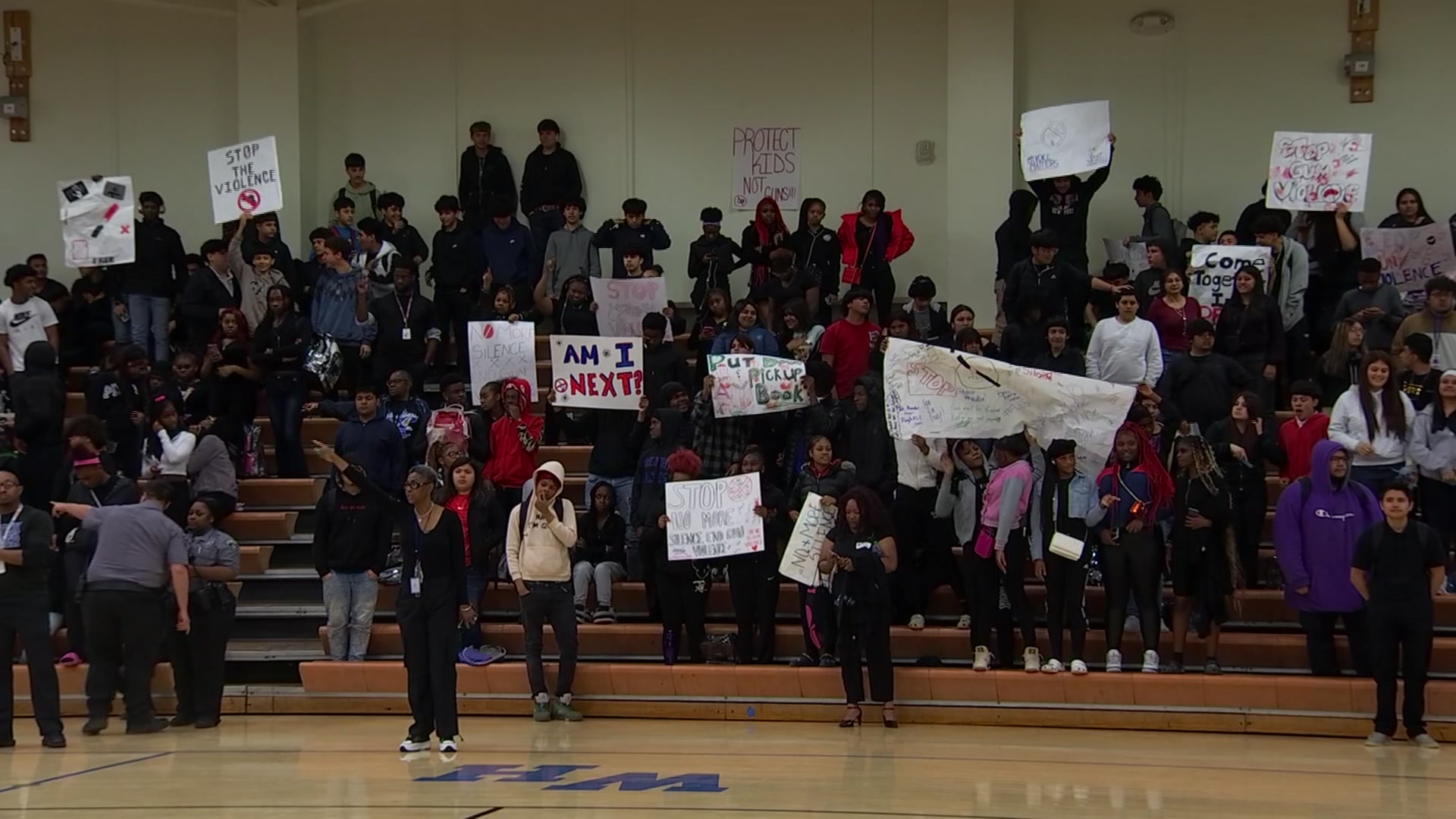A North Texas woman said a popular club drug and animal tranquilizer saved her from a life of depression and suicidal thoughts.
You may have heard of the drug before, as Special K on the street. it was designed as a horse tranquilizer, but Ketamine is gaining popularity as a treatment for depression.
Some doctors believe the controversial drug will become a game-changer in slowing the nation's suicide epidemic.
Tiffany McCombie, a 40-year-old mother of one, knows what depression feels like in its darkest moments.
"I definitely was feeling what I would consider suicidal, not really wanting to live, not really wanting to die, just numb. That's not a healthy place for me," McCombie said.
She said she has lived with depression and Bipolar disorder for 30 years, has tried dozens of medications and supplements to combat it, but nothing, she said, has worked as well as the Ketamine infusions she gets at Rise Wellness Center.
She's had six of them in ten months.
Local
The latest news from around North Texas.
"I had the right attitude and wanted to be healed and believing that it was going to happen for me and my brain. It happened. It cut down the mood stabilizers and antidepressants I had been on for years. I don't take them at all," she said.
More studies, like this one, are finding that Ketamine may be more effective and work faster than traditional antidepressants.
A local team of anesthesiologists had used the drug before, as an anaesthetic inside the operating room, but after seeing its potential to treat depression, they opened Rise Wellness Center, which specializes in Ketamine infusions.
"We get people that are so far down and so dark that we need this to get them out, to get them up, to get them moving. No drug does that like Ketamine," said Dr. Renaud Rodrigue, a pain management physician at Rise Wellness Center.
Experts say Ketamine can be dangerous, even deadly, if abused or taken in large doses.
Even though it's not FDA-approved to treat depression, Dr. Rodrigue said, when given in small doses and in a clinical setting, 90 percent of his patients with severe depression reported long-term benefits.
Researchers at the University of Illinois published this study about how Ketamine may trigger a depression-fighting protein in the brain.
"This protein changed the game for us. We know now there's something that is created just by the drug itself, which is staying in the central nervous system and is exerting this affect way beyond the duration of the drug," said Dr. Rodrigue.
McCombie said Ketamine saved her life.
"This alleviated my hopelessness and that's why I want to spread the news," she said. "There are so many others feeling hopeless that just aren't aware that there are options out there."
Right now there is very little data on the long-term effects of Ketamine therapy.
Doctors have said it should be used in addition to traditional medication and psychiatric therapy.
Each infusion can cost $450 and most patients receive four treatments within six weeks for benefits that can last from weeks to months.




